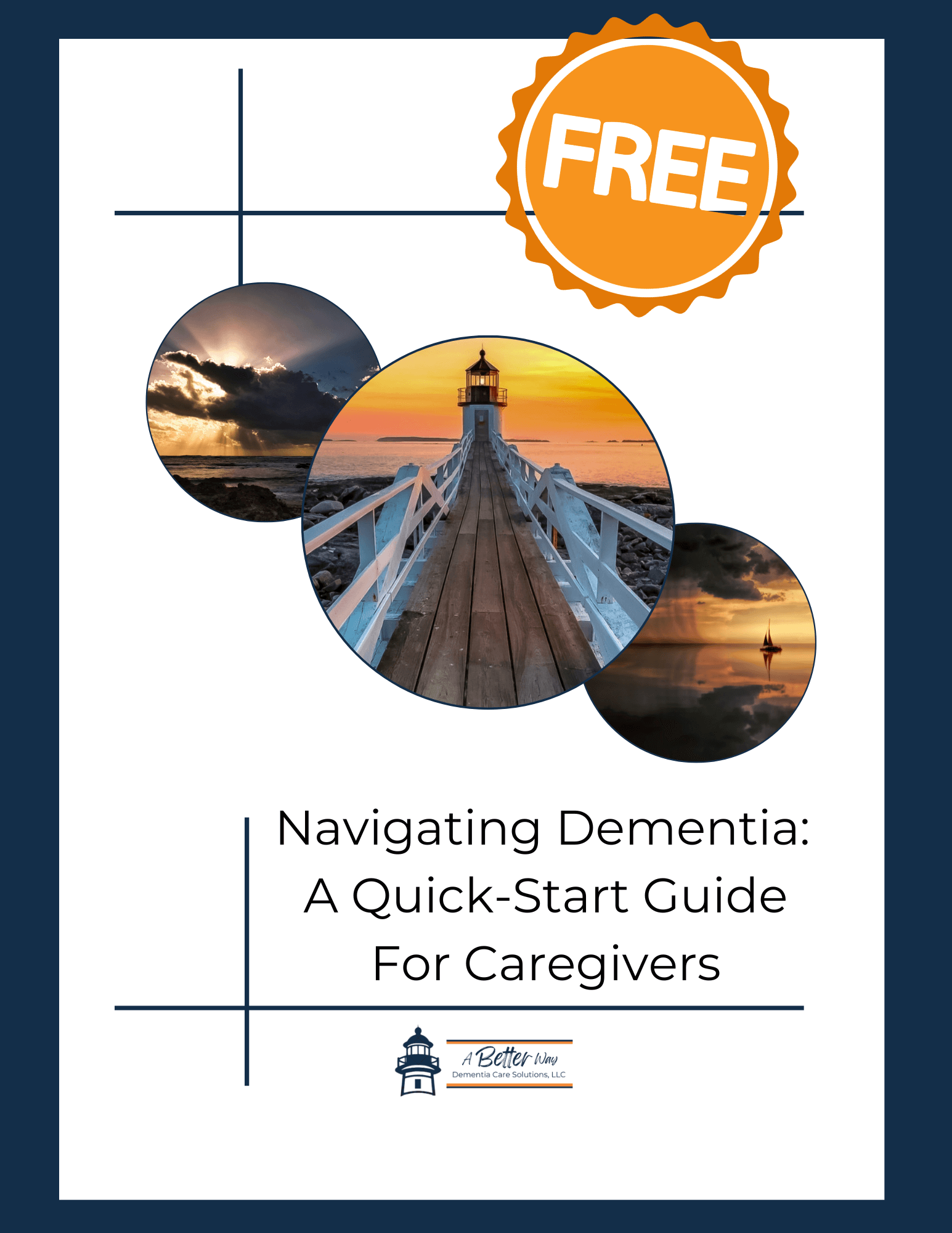
For persons with dementia, fall prevention involves more than just exercise—having the right tools in place is equally important. Assistive devices, like walkers, grab bars, and non-slip footwear, can provide the additional support needed to reduce the risk of falls. As a physical therapist with over two decades of experience, I’ve seen firsthand how professional evaluations and tailored recommendations can transform a person’s mobility and safety. In this post, I’ll explain why assistive devices and a physical therapy evaluation are essential for keeping the person you care for safe.
Why Assistive Devices Are Critical for Fall Prevention:
Assistive devices offer extra support for individuals with dementia who may experience weakness, coordination problems, or cognitive challenges. Here are some key devices that can help:
1. Walkers and Canes:
Walkers and canes provide stability for those with balance issues, ensuring they have a sturdy surface to lean on while moving. A Drive Medical Folding Rolling Walker With Wheels is an excellent choice, as it offers extra durability and wide spacing for better support.
For those who prefer something lighter, the Bene-Cane Adjustable Walking Cane offers balance without the bulk of a walker.
2. Grab Bars:
Installing grab bars in critical areas like the bathroom significantly reduces the chance of slips, especially during tasks like getting in and out of the shower. The Moen Grab Bar is a great option—its rust-resistant construction and easy installation make it ideal for use near the shower or toilet.
3. Non-Slip Footwear:
Proper footwear is essential to prevent slips and trips. Shoes that provide grip and support ensure safer mobility on various surfaces. The Skechers Go Walk Slip-On Shoes are perfect for everyday wear, offering non-slip soles and comfort to reduce the risk of falls.
4. Transfer Aids:
When mobility becomes more challenging, transfer aids like the Vive Transfer Belt with Handles can be a lifesaver. This belt allows caregivers to safely assist with standing or transitioning from sitting to standing, reducing the likelihood of falls during transfers.
Affiliate Disclosure
A Better Way - Dementia Care Solutions, LLC participates in the Amazon Associates Program, which means we earn a small commission when you buy through links on our site, at no extra cost to you. We only recommend products that we believe can help caregivers on their journey.
The Role of a Physical Therapy Evaluation:
A physical therapy evaluation is essential for creating a personalized fall prevention plan. During the evaluation, a physical therapist assesses the person’s strength, coordination, and mobility to recommend devices specifically tailored to their needs. This approach ensures that the chosen devices are safe and suited to the person's physical and cognitive abilities, maximizing their safety. Many falls are preventable with a proper evaluation and the correct assistive tools in place.
Choosing the Right Tools for the Person You Care For:
Selecting the right assistive devices can feel overwhelming, but consulting with a physical therapist will help ensure the best options are chosen. Here are a few things to consider:
- Comfort and Fit: The person you care for should feel comfortable using the device, and it should fit their size and strength levels. For example, the height and weight capacity of walkers and canes need to be properly adjusted for optimal support.
- Proper Training: Ensure they are trained on how to use the device safely and practice in various environments where they typically move around.
- Regular Check-ups: Devices should be reassessed periodically to ensure they remain appropriate as the person’s condition progresses. Your physical therapist can guide you in these routine evaluations.
Conclusion:
When chosen and used correctly, assistive devices can significantly reduce fall risks for persons with dementia. Paired with a physical therapy evaluation, these tools create a customized approach that enhances both mobility and safety. With the right support system in place, you can help the person you care for navigate their environment more confidently and securely.
If you're looking for guidance on selecting assistive devices or scheduling a physical therapy evaluation, feel free to reach out to learn more about how we can help you and the person you care for stay safe and independent.
Call to Action:
For more helpful tips on dementia caregiving, subscribe to our newsletter and download a free e-book on navigating the doctor’s office with the person you care for!
For more helpful tips on dementia caregiving, subscribe to our newsletter and download a free e-book on navigating the doctor’s office with the person you care for!
Disclaimer: The information provided in this blog is for educational purposes only and should not be considered medical advice. Always consult with a doctor or a licensed physical therapist before starting any new exercise routine, using assistive devices, or following the recommendations mentioned. Every individual’s needs are different, and professional guidance is essential to ensure safety and appropriateness of care.
Want to keep figuring this out together?
Subscribe to Finding Our Way in Dementia Care and get honest stories, helpful tips, and gentle support delivered to your inbox every week. Just real talk, grounded care, and space to breathe.
Subscribe to Finding Our Way in Dementia Care and get honest stories, helpful tips, and gentle support delivered to your inbox every week. Just real talk, grounded care, and space to breathe.
Kind truth. Clear steps. Warm guide.













